In the vast world of fruits, the kumquat stands out as a small yet delightful gem. This unique citrus fruit is treasured for its sweet and tangy flavor, as well as its versatility in culinary applications. Originating from Southeast Asia, kumquats have gained popularity in various cuisines worldwide. In this article, we delve into the intriguing world of kumquats, exploring their history, characteristics, nutritional value, and culinary uses.
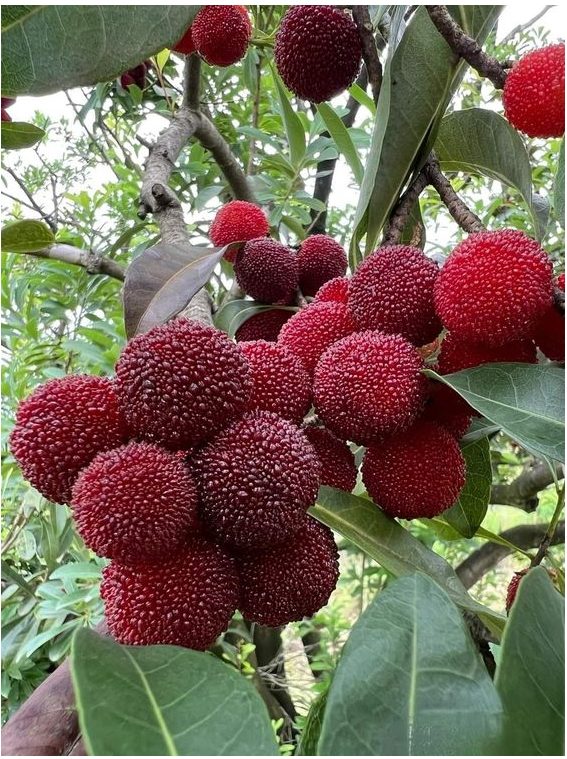
A Brief History of Kumquats: Kumquats have a long and rich history dating back to ancient China. They were first cultivated in the Guangdong province and later introduced to Japan and other parts of Asia. Traders and explorers carried the fruit to Europe and America, leading to its cultivation in various regions with favorable climates.
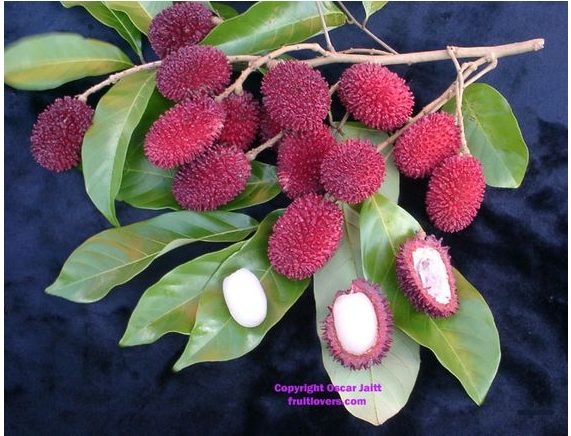
Unique Characteristics of Kumquats: Unlike most citrus fruits, kumquats are distinctive for their small size and edible peel. The fruit is round or oval-shaped, and its bright orange color adds to its appeal. Interestingly, the peel is sweet, while the pulp inside is tart, resulting in a delightful burst of flavors with each bite.
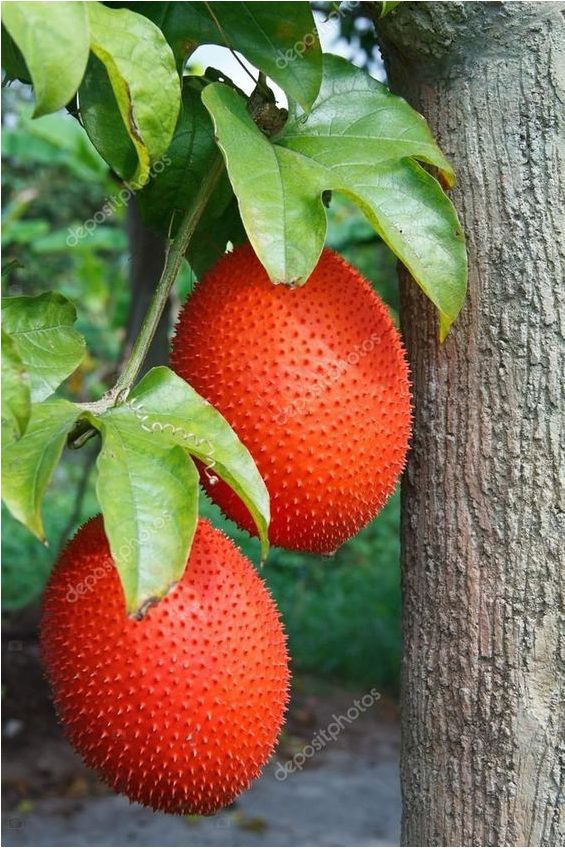
Nutritional Benefits of Kumquats: Kumquats pack a surprising nutritional punch. They are an excellent source of vitamin C, providing a significant portion of the daily recommended intake in just a few fruits. Vitamin C is essential for immune support, skin health, and antioxidant protection. Additionally, kumquats offer dietary fiber, which aids digestion and supports a healthy gut.
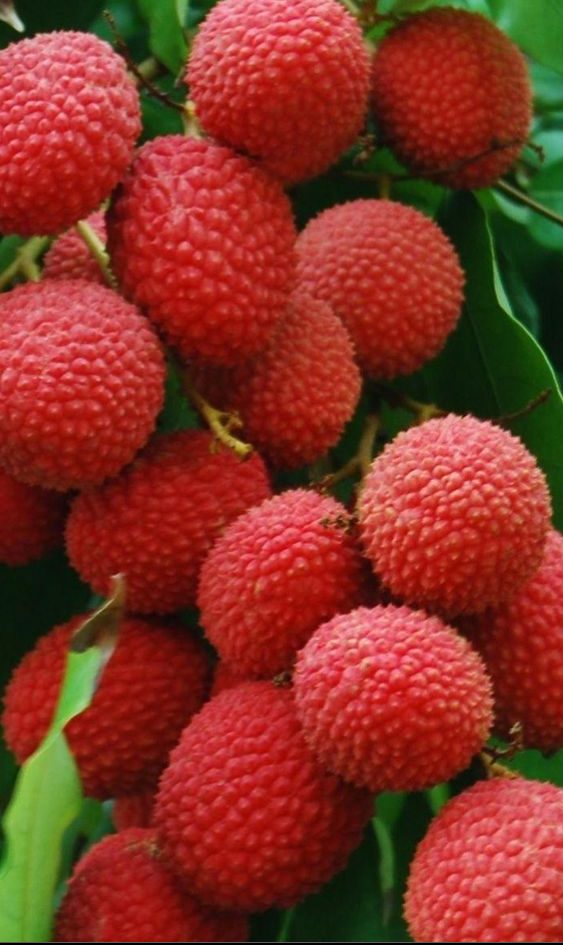
Culinary Uses of Kumquats: Kumquats are incredibly versatile in the kitchen. Due to their sweet and sour flavor profile, they can be enjoyed in both sweet and savory dishes. When used in desserts, kumquats add a delightful tang to cakes, tarts, and jams. In savory dishes, they serve as a unique garnish, enhancing salads, meats, and seafood dishes with their zesty flavor.
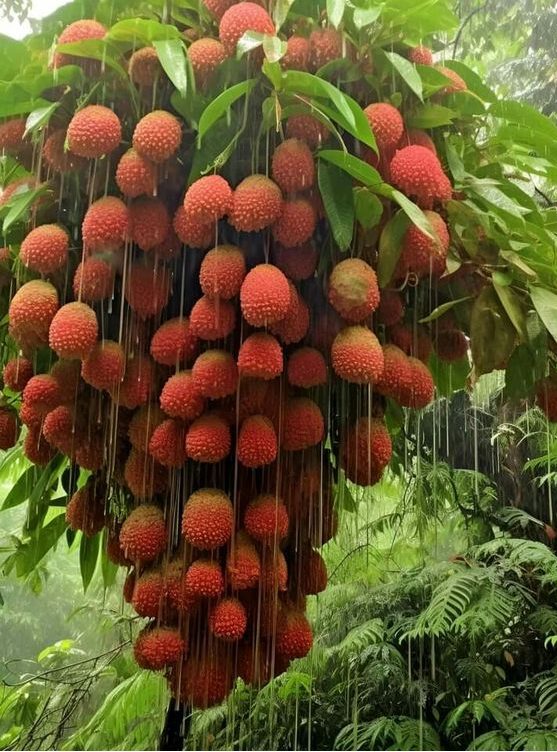
Preserving Kumquats: To enjoy kumquats beyond their season, they can be preserved in various ways. Candying kumquats involves simmering them in sugar syrup until they become tender and sweet. Additionally, kumquats can be pickled, turning their naturally tart flavor into a savory treat that complements cheeses and charcuterie.Medicinal Uses and Folklore: In traditional Chinese medicine, kumquats have been used for their medicinal properties. They are believed to aid in digestion, alleviate coughs, and strengthen the lungs. In folklore, kumquats are often associated with prosperity and good luck, making them popular decorations during festive celebrations.





